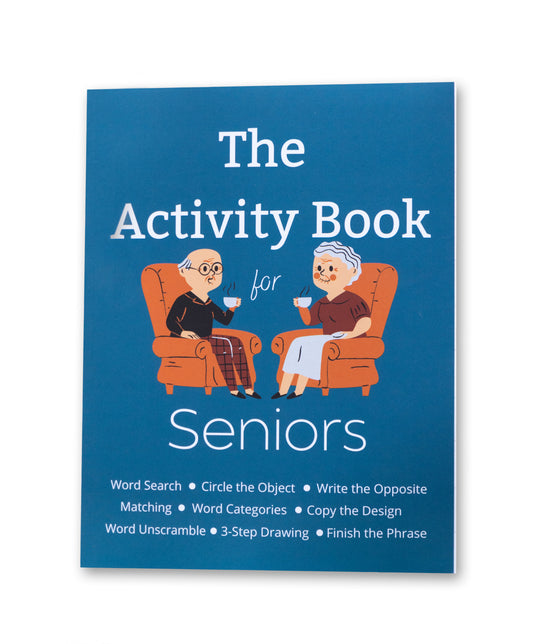
The Benefits of a Calm Environment on Dementia
Share
On a typical day where everyone is home at my house, the TV is going, cell phones are ringing, the microwave is beeping, and people are coming and going. This is all taken in stride and the business feels normal. When I bring my mom, who has dementia, over to visit I need to make adjustments, knowing these normal noises that I tend just to tune out all catch her attention which sometimes leads to her feeling stressed.
Distractibility is one of the biggest barriers people with dementia have when participating in a conversation or a task. With dementia, the brain’s ability to filter out irrelevant information often declines, leading the person to pay attention to everything happening in the environment. Every ringing phone, person talking, dog moving, or door opening leads to their attention being shifted away from whatever they might be trying to pay attention to. Their ability to concentrate is often compromised when there is noise or movement in a room. This can lead to the person feeling stressed or agitated and in need of some much-needed quiet downtime.
I work as an OT and I remember when one of my patients with dementia had been living alone and just moved in with her grandson, his wife, and their two teenage boys and three large dogs as she neared the point where she became unsafe living alone. Once there, she began having increased episodes of agitation and crying. When approached by the family for conversation or to do something, she increasingly withdrew. Although the busy environment was the norm for the family and they naturally tuned out the noises, the patient was constantly distracted and sometimes startled by every dog barking, cupboard closing, or person up and moving in the kitchen. Once the family realized what was contributing to her stress, they were able to help her by creating a comfortable quiet area with a recliner in her room where she could go to get a break from the overstimulation. In addition, the family gradually adjusted to lowering their voices and overall activity level as best as they could to help their grandma feel more comfortable.
One common situation that comes up often is the difficulty people with dementia have in managing conversation when there are multiple people in the environment. They tend to pay attention to too many things, leading to difficulty concentrating and an inability to follow a conversation. Some ways to help them are to have quiet downtime before and after the social event, limit the amount of time spent in a potentially overstimulating environment, and be proactive by limiting the number of people at a gathering when possible.
In your loved one’s environment, be observant of the overall activity and noise levels happening and their reaction to it. Look for ways to calm things, especially when expecting the person to do something functional or engage in conversation. Turn off TV and background music, put active pets in another room, silence phones, etc. Keep in mind that they need extra time to process things happening and the sounds they hear. Alternate busy or active time with quiet time to allow for a comfortable balance. As dementia progresses, people tend to startle more easily leading to an increased need to maintain a calm and predictable environment. When approaching them, announce yourself in a low tone when entering their room while in their line of vision, this reduces their tendency to startle.






